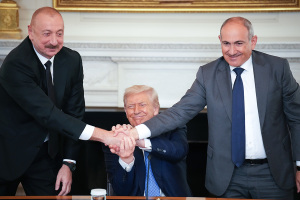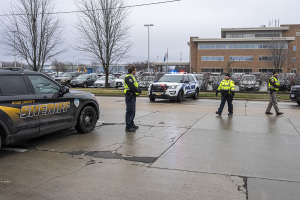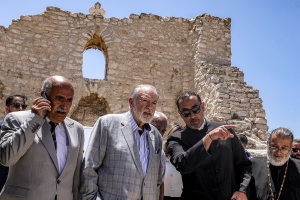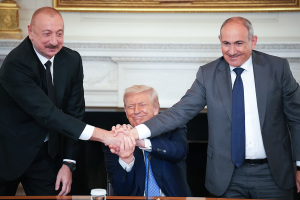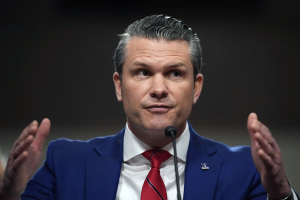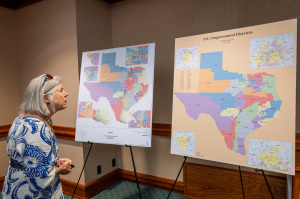Ninth Circuit strikes down Nevada's COVID-19 worship restrictions
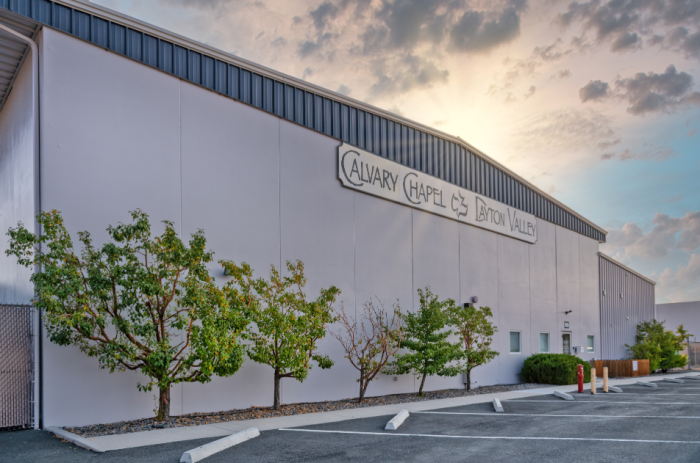
A Nevada church is claiming victory after a federal court struck down worship restrictions in the state that prevented it from holding in-person church services with more than 50 people in attendance.
The Ninth Circuit Court of Appeals sided with Calvary Chapel Dayton Valley, based in Lyon County, Nevada, in its longstanding dispute with Democratic Gov. Steve Sisolak over worship restrictions imposed on the state in response to the COVID-19 pandemic. The ruling, which will allow churches to hold in-person worship services at 25% capacity, reversed a lower court ruling that upheld the restrictions.
Garry Leist, the senior pastor at Calvary Chapel Dayton Valley, reacted to the court ruling in a Facebook video. “The court has finally made it clear that the government has a duty to respect the First Amendment and it can’t treat churches like second-class citizens.”
“We’re so thankful to the Lord for what He’s done,” Leist said. “We’re singing praises to the Lord today.”
While he vowed that “we’re still going to be smart” by implementing safety measures to prevent the spread of the coronavirus, Leist stressed: “we’re going to be able to take and come back into fellowship without fear and that’s amazing and that’s something that we’ve been praying for and asking God to grant throughout this entire process.”
“It’s a blessing to know that the court has recognized that going to church, well, it’s essential. It’s something that people need in a time, especially in a time such as these. And so, be encouraged, know that God … is absolutely moving forward. Calvary Chapel Dayton Valley is singing the praises of the Lord on behalf of our fellowship, as well as all of those throughout the country. God is good.”
“What’s going to happen now is that the federal court of appeals is going to issue an injunction that is going to cause this to back down to the trial court for there to be action taken on our behalf,” Leist explained.
Calvary Chapel Dayton Valley filed a lawsuit against the state in May, accusing Sisolak of abiding by a double standard regarding coronavirus restrictions. The lawsuit noted that while churches could only have 50 people in attendance regardless of the size of the building, secular businesses like casinos and gyms could operate at 50% capacity.
The Alliance Defending Freedom, a nonprofit legal organization with a focus on religious freedom, has represented the church throughout its legal battles, which have included an unsuccessful attempt to get the Supreme Court to invalidate Nevada’s worship restrictions.
The Ninth Circuit ruling cited the Supreme Court’s recent decision in Roman Catholic Diocese of Brooklyn v. Cuomo, which invalidated worship restrictions in New York state, as an important factor in its decision to “reverse the district court” ruling in the Calvary Chapel Dayton Valley case. “Just like the New York restrictions, the directive treats numerous secular activities and entities significantly better than religious worship services,” Judge Milan D. Smith wrote in the opinion.
“Casinos, bowling alleys, retail businesses, restaurants, arcades, and other similar secular entities are limited to 50% of fire-code capacity, yet houses of worship are limited to [50] people regardless of their fire-code capacities. As a result, restrictions in the Directive, although not identical to New York’s, require attendance limitations that create the same ‘disparate treatment’ of religion,” the judge added.
Alliance Defending Freedom Senior Counsel and Vice President of U.S. Litigation, David Cortman, described the development as a “significant win,” adding, “There is no constitutional right to gamble, but there is one that protects attending worship services. The government has a duty to respect the First Amendment, so it can’t single out churches for harsher treatment than secular activities.”
“Today, the Ninth Circuit made clear that, at a minimum, Calvary Chapel Dayton Valley can’t be treated more harshly than Nevada’s casinos, bowling alleys, retail businesses, restaurants, and arcades. Such disparate treatment is both illogical and unconstitutional,” he continued.
“While we’re disappointed by the court’s decision, we respect and will comply with this order,” Sisolak said in response to the ruling. “I continue to encourage Nevadans to practice their religious faith in a manner that is safe for them and their families, particularly with the upcoming holidays. I have often talked to Nevadans about my personal faith and I will continue to participate in virtual masses at this time.”















